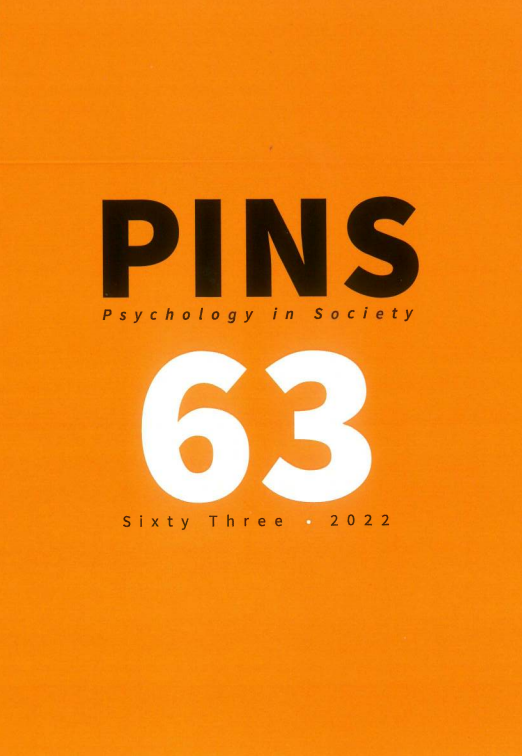Just Stories: The Role of Speculative Fiction in Challenging the Growing Climate Apartheid
DOI:
https://doi.org/10.57157/pins2022Vol63iss1a5440Keywords:
Narrative justice, climate/speculative fiction, climate apartheid, stories, social/climate changeAbstract
Starting with the current climate emergency, this paper addresses the role of narratives in shaping our views and actions towards managing the burgeoning climate crisis, especially as this is growing both unequally and iniquitously across the globe. This divergence of impact appears to reflect a form of ‘climate apartheid’ with two major population groups potentially emerging – the ‘climate privileged’, i.e. mostly those from the Global North with resources to mitigate climate impacts; and the ‘climate precariat’, those largely from the Global South, at the ‘coal face’ of climate change and with limited resources to adapt. We argue for the relevance of narrative justice – i.e. stories which attempt to challenge, transgress and change this trajectory, focusing on social and climate change with disruptive, alternative, and more socially just visions of our global future. These stories may be encapsulated within the new and emerging literary tradition of ‘climate fiction’, but are particularly represented within climate focused speculative fiction (SF), which posits new models for the future, confronting current passive and dominant discourses around ‘the myth of eternal growth.’ We end with two personal stories, starting with the discussion of an African ‘solarpunk’ future focused on a war over water by a ‘climate privileged’ author (NW), entitled ‘Water Must Fall’. The concluding story is by a ‘climate precariat’ author and water activist from the Global South (FM), focused on her daily struggles for land and water justice within her community, as they challenge dominant narratives and structures enforcing ‘climate apartheid’.
Downloads
Downloads
Published
How to Cite
Issue
Section
License
This journal is an open access journal, and the authors' and journal should be properly acknowledged, when works are cited.
Authors may use the publishers version for teaching purposes, in books, theses, dissertations, conferences and conference papers.
A copy of the authors’ publishers version may also be hosted on the following websites:
- Non-commercial personal homepage or blog.
- Institutional webpage.
- Authors Institutional Repository.
The following notice should accompany such a posting on the website: “This is an electronic version of an article published in PINS, Volume XXX, number XXX, pages XXX–XXX”, DOI. Authors should also supply a hyperlink to the original paper or indicate where the original paper (http://www.journals.ac.za/index.php/pins) may be found.
Authors publishers version, affiliated with the Stellenbosch University will be automatically deposited in the University’s’ Institutional Repository SUNScholar.
Articles as a whole, may not be re-published with another journal.
The copyright of the article(s) lies with the author(s).
The copyright of the journal lies with PINS-psychology in Society.
The following license applies:
Attribution CC BY-NC-ND 4.0 - https://creativecommons.org/licenses/by-nc-nd/4.0/

